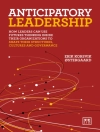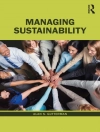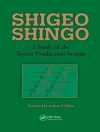The sharp increase in oil revenues since 2002 has left the Arab Gulf States with billions of petro-dollars. But how will these countries fare in the post-oil era? The rulers of these states are taking serious measures to ensure the survival of their economies, and indeed their regimes, in a world with scarce mineral resources. This volume explores the extent to which these countries have been and will be able to prepare for the future by transforming themselves into serious international destinations for tourism, finance, healthcare and education. It also considers the implications of failure for the future survival of their regimes. This study will provide food for thought for academi, policy makers and general readers. ‘An incisive enquiry into an exciting region, the authors leave no stones unturned. It is bold in its examination of both the history and the crucial changes being wrought throughout the Gulf. The book, which has been fashioned with both detailed knowledge and academic rigour, will be of huge advantage to anyone seeking a practical chart to the region. The contributors have not been restrained in drawing examples of the Gulf States over-reaching themselves to danger points in the economic downturn. The severe lessons learned have been studiously researched. The fresh opportunities, political, economic, social and technological, are concisely considered. No matter where your interests lie, this is a solid foundation from which to build a ‘Way Ahead’ policy for the region.’ — Charles Wilson, Director of The Consultancy, an international human resources business with Gulf experience
Tentang Penulis
Nabil Sultan is a senior lecturer at the Faculty of Business and Computer Science, Liverpool Hope University. David Weir is Professor of Intercultural Management at Liverpool Hope University. Zeinab Karake-Shalhoub is Director of Research at the Dubai International Financial Centre, UAE.












